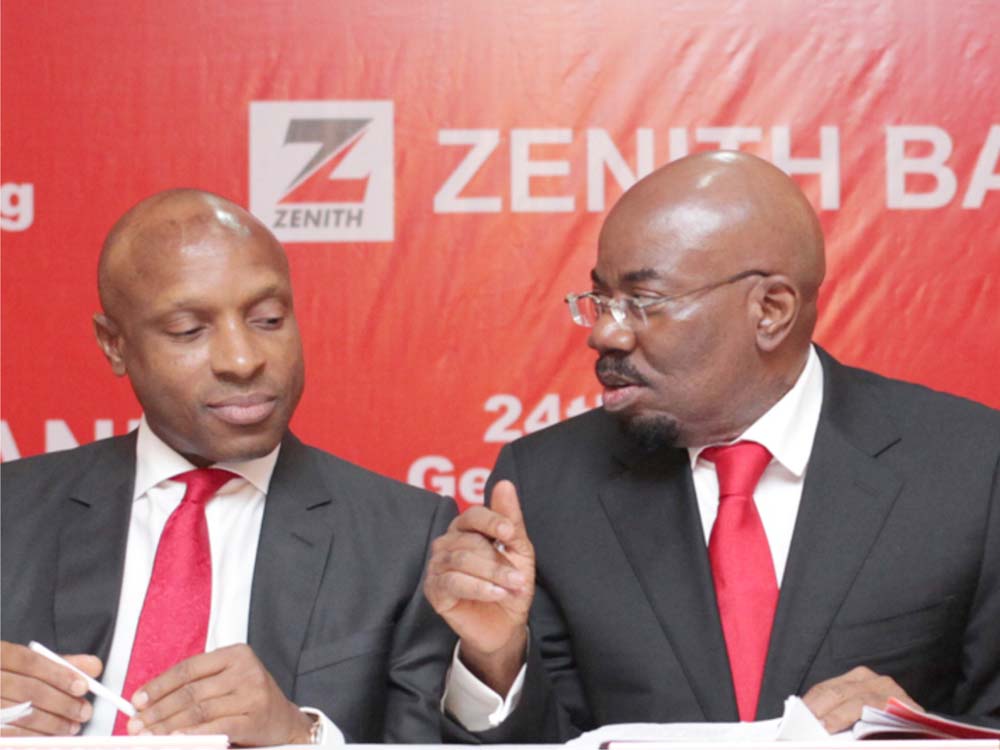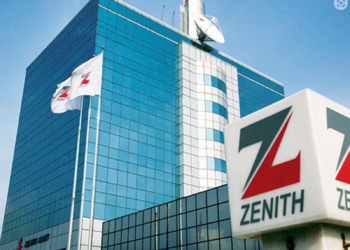Zenith Bank Plc recently released its financial statements for the half year ended June 2018. The bank held an investor conference call during the week, where management fielded questions from analysts on the results and its plans for the second half of the year.
Here are excerpts from the call:
Where does the bank see growth?
Zenith bank intends growing its loan book in manufacturing, slightly in the corporate space where it has naturally played and in retail banking. It expects more public sector activities to take place in the next 5 months.
There has been renewed interest from manufacturers following the planned introduction of differentiated Cash Reserve Ratio (CRR) based on lending to specific sectors by the Central Bank of Nigeria (CBN). These new loans will, however, be subject to the same risk profile as current loans. Zenith expects to grow its loan book by 2.5%.
In addition, the bank is aggressively growing its retail banking income, both from deposits and fees on its electronic banking channels. Fees and Commission income went up largely due to an increase in electronic banking fees.
IFRS 9 effect on capital
Implementation of IFRS 9 led to an adjustment of N109 billion against retained earnings. This led to shareholders funds dropping by 12%. Coverage ratio has however increased to 229%.
Ghanaian Subsidiary will not be raising capital
Zenith Bank Ghana will not be raising fresh capital to meet requirements set by regulators in that clime. The Ghanaian unit was the first to meet capitalisation requirements.
EMTS (9 Mobile)
The bank took a 50% impairment on the loan, and does not expect any further provision, as the sales process is ongoing. The loan is however not categorised as a non-performing one.
Eurobond will be paid off
The bank will pay off a maturing Eurobond next year with assets maturing at the same time. There are no plans to reissue a new one.
Zenith Bank UK
Zenith Bank UK posted an improved performance partly due to lower impairments and operational efficiency.
AMCON Levy pushed up operating expenses
The increase in Asset Management Company of Nigeria (AMCON) levy paid led to a 6% rise in operating expenses. Computation of the levy now includes off-balance sheet asset and led to a 6% increase in operating expenses. Total AMCON levy for 2018 was absorbed in the first half of 2018.
Why did NPL’s increase?
The increase in Non-Performing Loans from 4.7% in the full year ended December 2017 to 4.9% in H1 2018 was attributed to a reduction in its loan book, and not asset quality.
Bumper derivative gains are over
Humungous derivative gains which occurred last year will not be present this year as arbitrage opportunities have reduced. The bank made N68 billion in the 2017 financial year from derivative gains.















.gif)






